1. A full HACCP-based due diligence system including:
- Code of practice for mobile & outside caterers
- Daily recording diary
- HACCP flowchart
- Food safety risk assessment
- Cleaning schedule, plan, COSHH flowchart and risk assessment
- Complaints procedures, registers and disclaimers
- Training requirements, essentials and register
- Pest control policy and register
- Health and safety policies and risk assessment
- First aid and accidents policy, register, medical questionnaire & return-to-work doc
- Driver, vehicle and equipment records
- Drugs and smoking policy
- Alcohol policy
- Safeguarding policy
- Allergies policy and menu information table
- Glass policy
- Glove policy
- Personal hygiene policy
- Fire risk assessment
Now that’s a very long list. But you don’t need to worry because each of those documents is included in the NCASS Due Diligence System, which you will receive when you become a member.
2. Editable risk assessments
To make your food business start-up legal, you must create and maintain food safety risk assessments, fire risk assessments and health & safety risk assessments for each trading unit that you work from. And it’s really important that you’re able to keep your risk assessments up to date whenever you change your processes or menus.
If your risk assessments are out of date, you’ll likely be marked down in an environmental health inspection. The good news is that NCASS membership entitles you to use our online editable risk assessment system to create your records and keep them up to date. It’s the only one in the UK.
3. Serious training qualifications
By ‘serious‘, we mean catering training qualifications that food safety officers will recognise and respect (which could affect the hygiene rating you receive). We’re not talking about the super-cheap, uber-quick courses that you’ll find on offer in some places online.
When you start up a food business you have to be prepared to take customer safety very seriously. And by taking the best training courses available for UK caterers, you can show food safety officers that you mean business when it comes to looking after your customers. These are the most important training courses for caterers:
NCASS Training courses are accredited by City & Guilds, approved by a Government department and (of course!) by us. And guess what? Loads of hugely discounted places on the UK’s best training courses for caterers are included in NCASS membership. Use them to get the best qualifications available.
4. Certified catering equipment that won’t let you down
As well as a sturdy unit to trade from, you need reliable and legally-acceptable equipment to make your food start-up a safe, profitable success.
From LPG burners to thermometers and gazebos to handwashing, there’s a whole load to think about when it comes to equipping your food business start-up. But luckily you can find loads of caterer-proven equipment, hand-picked by experts at NCASSEquipment.co.uk. And you’ll also get huge discounts on catering supplies through NCASS membership. It’s a handy way to save a heap of money when you start up a food business.
View NCASS Equipment
5. Real opportunities to work and earn
It’s all very well having the right training qualifications and equipment, but if you don’t have any real opportunities to use them you’re not going to make any money at all. When you’re starting out it can be hard to find work.
But we’ll give you a huge helping hand. Did you know we send out 15,000 text messages containing live work leads to caterers every month? Yep, NCASS members receive what we call ‘WorkOpps‘. Lots of our members couldn’t keep trading without WorkOpps… You’ll find them very useful.
6. Exactly the right insurance policies
Making mistakes when it comes to buying insurance policies can be incredibly costly in the long run. We always recommend talking to our insurance department who specialise in advising and covering mobile caterers with specialist policies, in case anything does ever go wrong.
NCASS members can get up to 15% off their insurance policies when they buy through NCASS Insurance (and that can mean savings of hundreds of pounds, literally).
7. HR documents (if you’re employing anyone)
If you have any employees, workers or volunteers working under your instruction in your mobile catering business, you’ll need to have a good grip on HR management.
NCASS members have a whole list of documents, templates and policies they can download and use sitting in the HR Suite in their control panel. It’ll come in very handy, trust us!
8. Gas safety certificates (if you’re using LPG)
Planning to cook with LPG? You must have your LPG equipment tested and certificated by a Gas Safe registered engineer at least annually. The engineer will need to have the specific qualifications for your pieces of equipment. They can be tricky people to find but luckily NCASS members get a list of contact details for tried, tested & trusted local Gas Safe engineers with mobile catering qualifications.
9. Legal and financial support
If your’e not so great with the accounts you’ll need to get in touch with an accountant who can do it for you. And for the (hopefully very infrequent!) times when you need legal or financial support in a crisis? You’d get free access to a legal and financial support phone line included in your NCASS membership. It takes a big chunk of the fear factor out of starting up a food business.
10. A loyal support team
Family and friends make for great motivators during those first few months when you start up a food business. But for all the technical questions that they can’t help you with? NCASS are here for you. As a member, you can ring us with any catering-related questions and queries, as often as you need.
The loyal support is something that lots of our members love us so much for, and we’d love to offer that to you too. Plus, you can feel even safer as a caterer knowing that a Government department has your back.
Yep, you read that right. NCASS has a Primary Authority partnership with Cherwell District Council. That means that NCASS members get Government-assured advice, guidance, training and documentation. And that will really pack a punch when it comes to your food hygiene inspection.





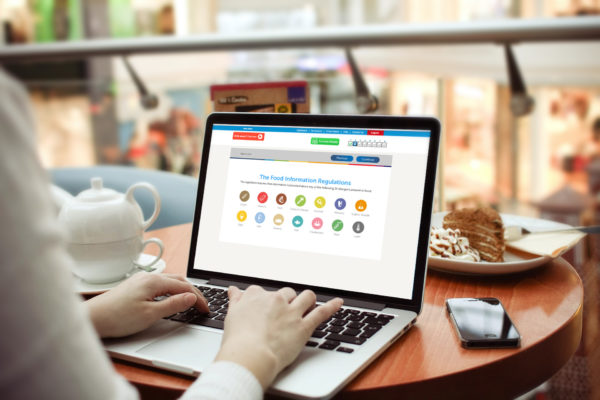


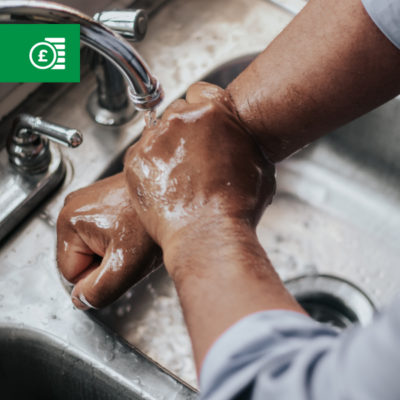


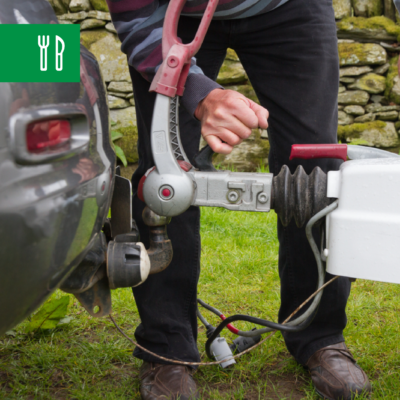

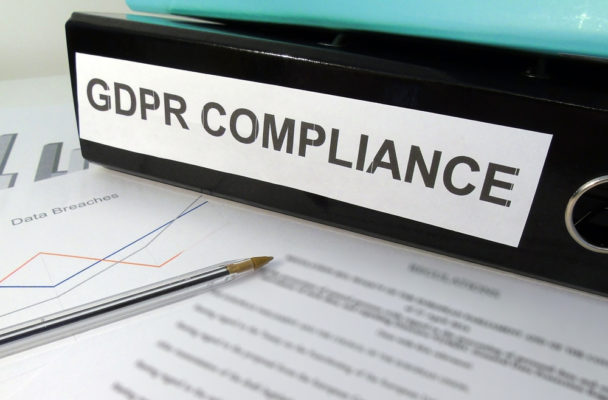
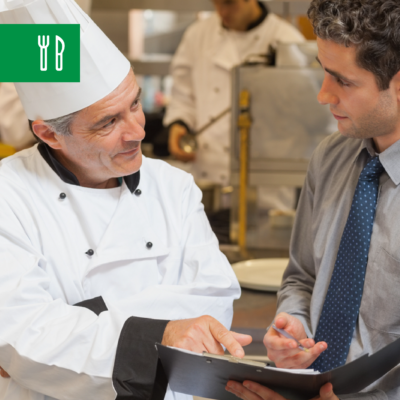



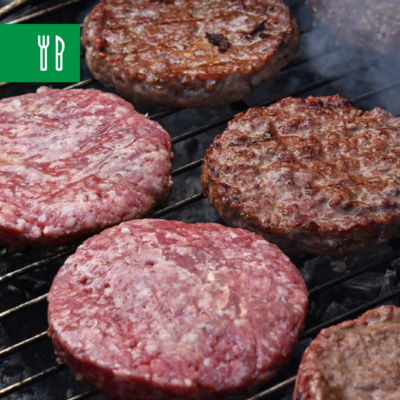

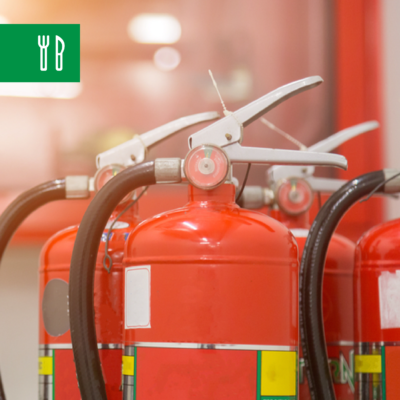






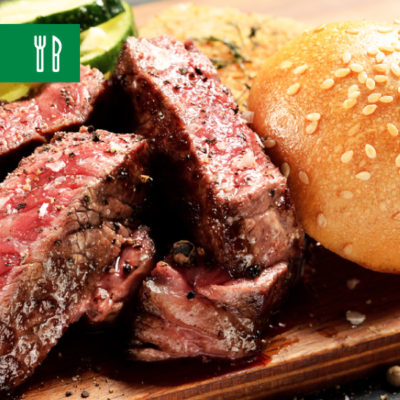
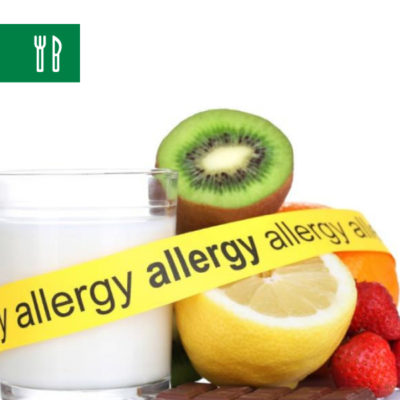
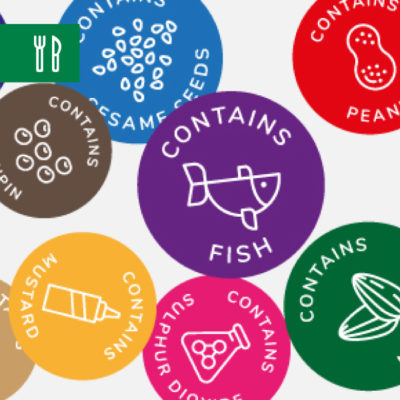
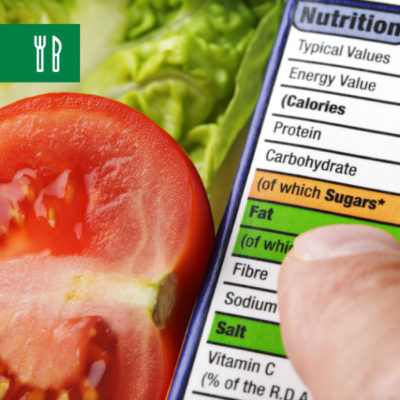
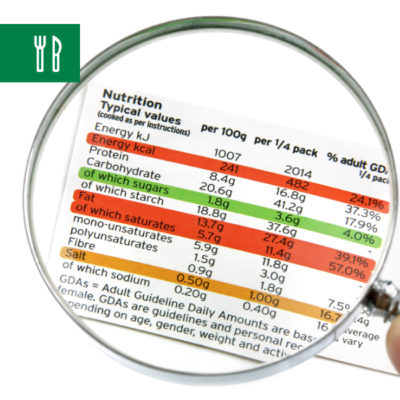
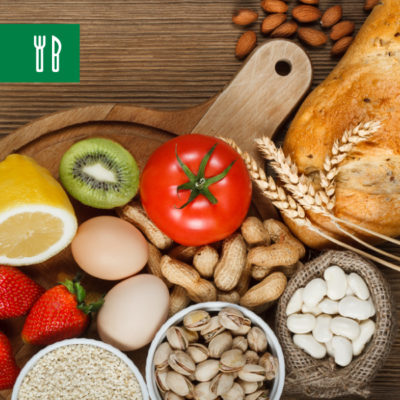
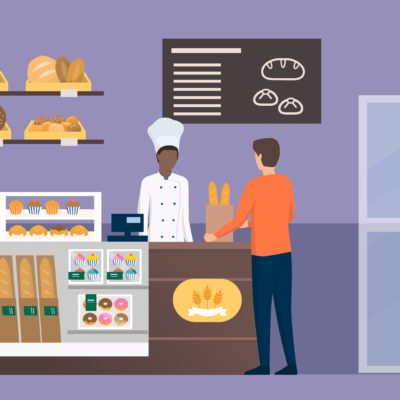
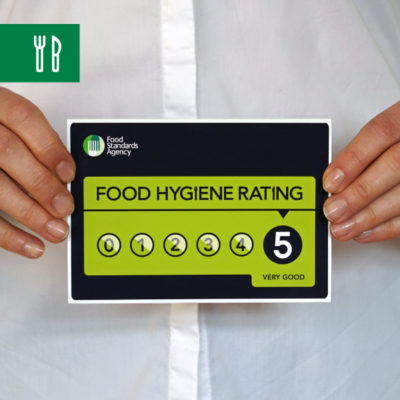
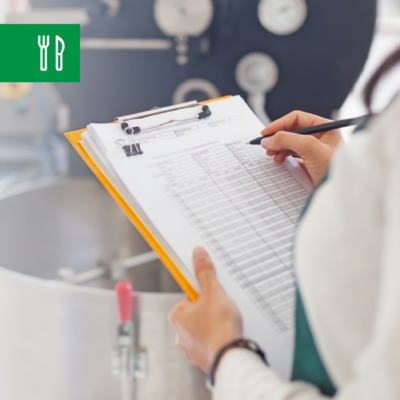

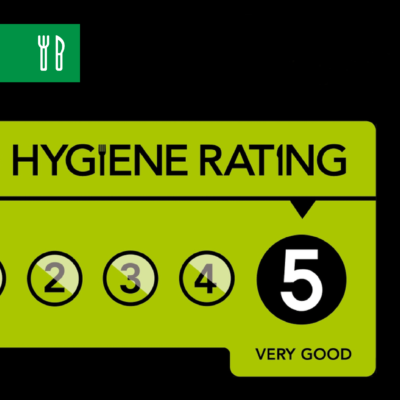
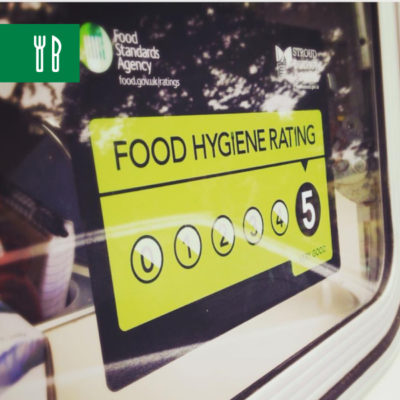


 Featured Training
Featured Training